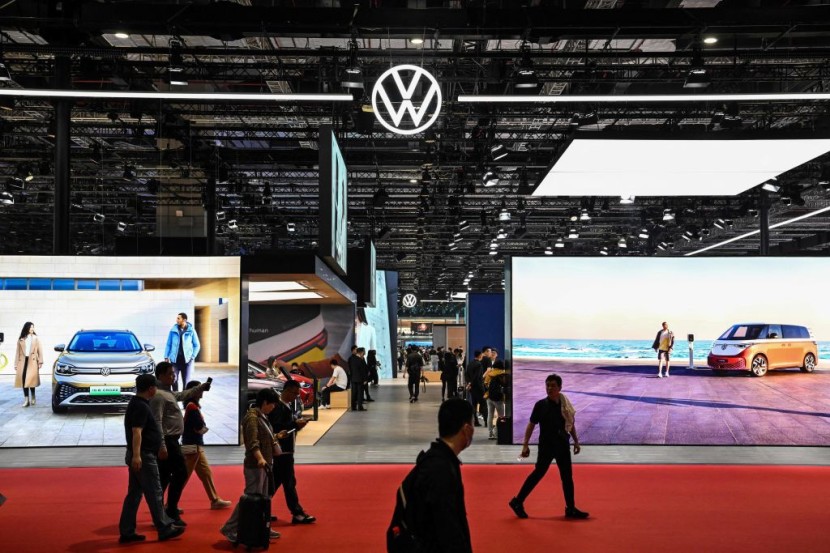US Magistrate Judge Alex Tse refused to sanction Volkswagen AG over the refusal of one of its managing agents to sit for questioning by the US Securities and Exchange Commission (SEC).
According to Tse, VW didn't act in "bad faith" in efforts to convince Thorsten Duesterdiek to sit for questioning by the SEC in front of the San Francisco federal court. He also said he wasn't inclined to impose sanctions that could favor the SEC.
The Clean Diesel Scandal
The clean diesel scandal has cost the auto manufacturer a lot of money in vehicle refits, buybacks, fines, and legal costs so far. It even admitted that its engineers installed software that is built to defeat US emission tests.
The SEC sought Duesterdiek's deposition in the lawsuit that the agency filed in 2019 in which VW and former chief executive Martin Winterkorn were accused of defrauding US bondholders over the automaker's emissions scandal.
According to VW lawyers, it should not face any sanction in the SEC's case because it had no power to force Duesterdiek to speak with the SEC.
However, the SEC argued that VW had the power to influence Duesterdiek's decision to testify and that his deposition would be crucial to the lawsuit. The agency also claimed that VW had a duty to cooperate with the investigation and provide all relevant information.
The clean diesel scandal has been a major blow to VW's reputation and financial standing. It has paid billions of dollars in settlements and fines, and its share price has declined significantly since the scandal broke in 2015.
In addition to the SEC's lawsuit, VW has faced legal action from consumers, shareholders, and regulators around the world. The company has also been forced to invest heavily in electric and hybrid technology to meet stricter emissions standards.
The scandal has highlighted the importance of transparency and accountability in the automotive industry and has led to calls for stronger regulation and oversight. While VW has made efforts to regain the trust of consumers and investors, the clean diesel scandal is likely to have lasting effects on the company's reputation and financial performance.
The Effects on the Automotive Industry
The clean diesel scandal has also had ripple effects throughout the automotive industry. Other carmakers have faced increased scrutiny and pressure to meet emissions standards, particularly in Europe, where regulations were not as strict as they were in the US.
The scandal has also sparked a broader conversation about corporate responsibility and ethics. Many consumers are now more skeptical of big corporations and their claims, particularly around sustainability and environmental impact.

At the same time, there is a growing demand for electric vehicles (EVs) that produce zero emissions. While EVs currently make up only a small percentage of global vehicle sales, many experts predict that this will change rapidly over the next decade as technology improves and costs come down.
As such, automakers like VW are investing heavily in EV development to stay ahead of changing consumer preferences and regulatory requirements. However, transitioning away from traditional combustion engines can be costly and challenging for established companies with large supply chains.
Ultimately, it remains to be seen how much lasting damage VW's clean diesel scandal will do to its reputation or financial performance. However, it certainly serves as an important cautionary tale about transparency and accountability at all levels within any organization.
Related article: US EPA Proposes New Vehicle Pollution Cuts, Predicts Major EV Growth








